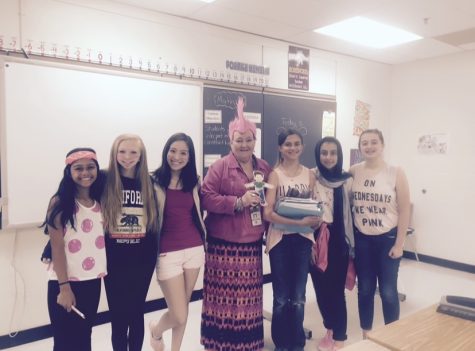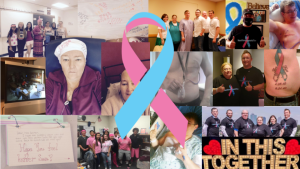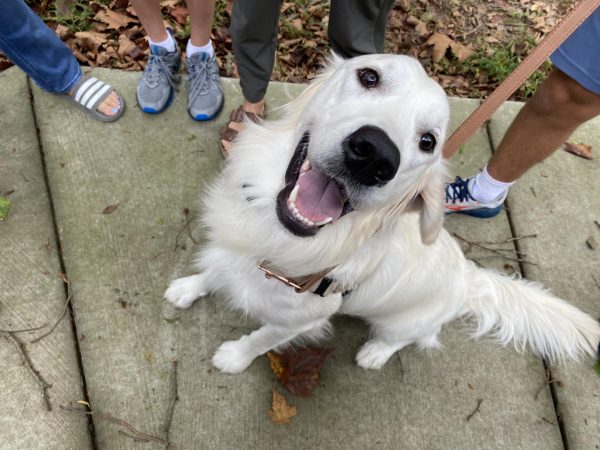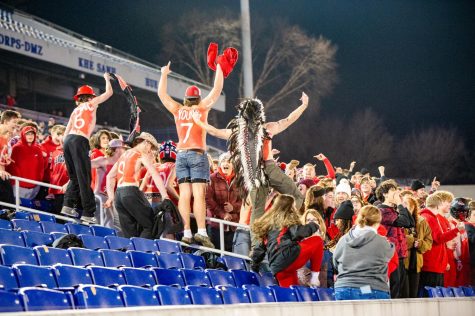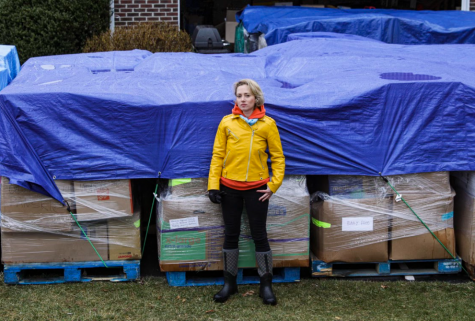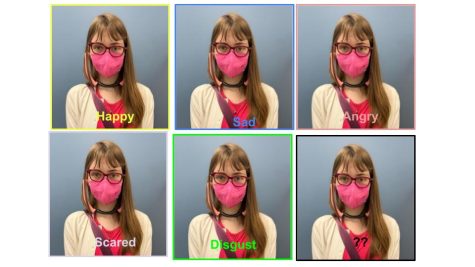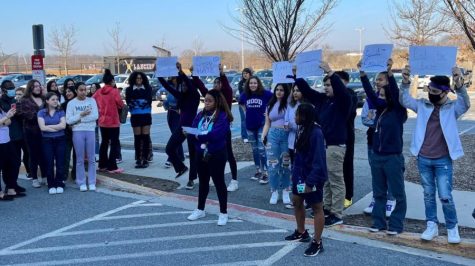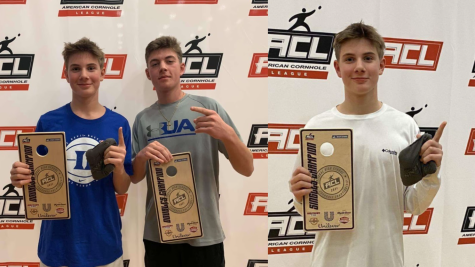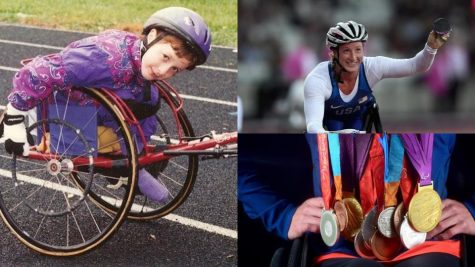Stop discriminating, men get breast cancer, too: Brett Miller
“I never thought it was possible for a man to get a woman’s disease, but I know now that’s not true.”
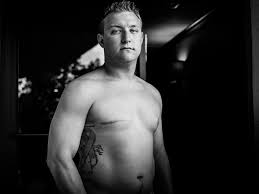
Brett Miller is now the CEO of the Bret Miller 1T Foundation with the aim of raising awareness in colleges and high schools. In 2014, Miller co-founded the Male Breast Cancer Coalition.
October 28, 2021
A typical 17-year- old guy, high school senior, on the football and wrestling team, was getting ready to start his life. Flash forward eighteen years, Brett Miller celebrates his eleventh year of being a Breast Cancer Survivor.
In April 2003, one day he scratched his chest and felt a lump behind his right nipple. With no medical insurance at the time, the closest thing to a physician was the school doctor. The doctor wasn’t concerned. They said it would go away.
Seven years later, after graduating from college, receiving his first job that qualified for health insurance, a routine check up appointment was made. During the exam, after asking, the doctor looked at the lump. He suggested a sonogram, but again, the doctor didn’t think there was anything to be concerned about.
The next day, the phone rang: Miller had breast cancer.
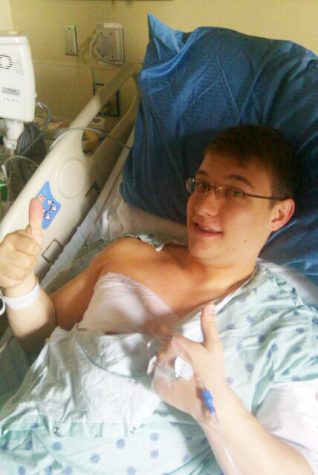
On May 18 in 2010, after a quick and successful surgery, all the cancer was gone. The cancer was caught very early and was classified as Stage 1. Following the mastectomy, Miller went through four rounds of chemotherapy as a precaution due to his family’s history with breast cancer.
His mission now is to spread the word to men and women, young and old, that breast cancer does not discriminate. It can happen to anyone. In May 2010, he started The Bret Miller 1T Foundation with the aim of raising awareness in colleges and high schools, by telling youth that breast cancer can happen to anyone.
In 2014, Miller co-founded the Male Breast Cancer Coalition.
“Since my diagnosis, I have always been open to talking about my breast cancer. This is something I think was meant to happen to me, so that I could help others,” said Miller.
Miller is currently working on a documentary about male breast cancer, “Men Have Breasts, Too” will share stories from men who are members of what is usually a women’s only club, hear from family members impacted by male breast cancer, understand more about the disease from doctors and help spread awareness that men can indeed get breast cancer too. He hopes the documentary will ignite a serious discussion about detection and education for men with breast cancer.
What were some of your first thoughts when you heard your diagnosis?
When I first got the call I was sitting in my car, leaving one job to go to my second job. The doctor didn’t ask if I was sitting down, should come in to discuss, or not driving. He just straight up told me that the preliminary pathology reports are saying it’s breast cancer but he hasn’t fully read the report. He would do so and get back to me in 3-5 days. I thought it was a joke, I didn’t really think that it could happen to me.
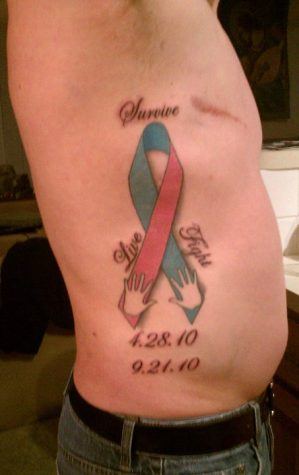
Were there any programs or services offered to you that would help with the treatment process?
I met with another surgeon for a second opinion. In my appointment with him, he stated that most men don’t talk about breast cancer, they are too embarrassed to say “breast.” He told me that if I was willing to share my story, he could see me as a face of male breast cancer. That I could have a huge impact on men as I was so young. I had a great support system of doctors, nurses, family and friends. They are truly all you need when diagnosed with cancer.
Tell me about your support system.
My family and friends were with me 100%. Always willing to help with whatever I needed. At times it was tough for us all but that’s when I would crack a joke. I found that humor was what made it easier for all to get through cancer. As for now, our mission is as strong as ever and my biggest supporters are my wife Tasha, daughter Riley, and my cancer buddy dog, Salvy.
What message would you provide men and women, who are battling Breast Cancer?
That you do need a support system. You have to have someone that is there for you, a caregiver, significant other, friend or family member. There is so much information that comes your way at initial diagnosis that you can’t take it all in yourself. You need someone else that can take notes and help ask the right questions. But if you can be your own best advocate, know your body, do your monthly breast self exams and if you find a lump get to a doctor. You can find more information on our website www.malebreastcancercoalition.


